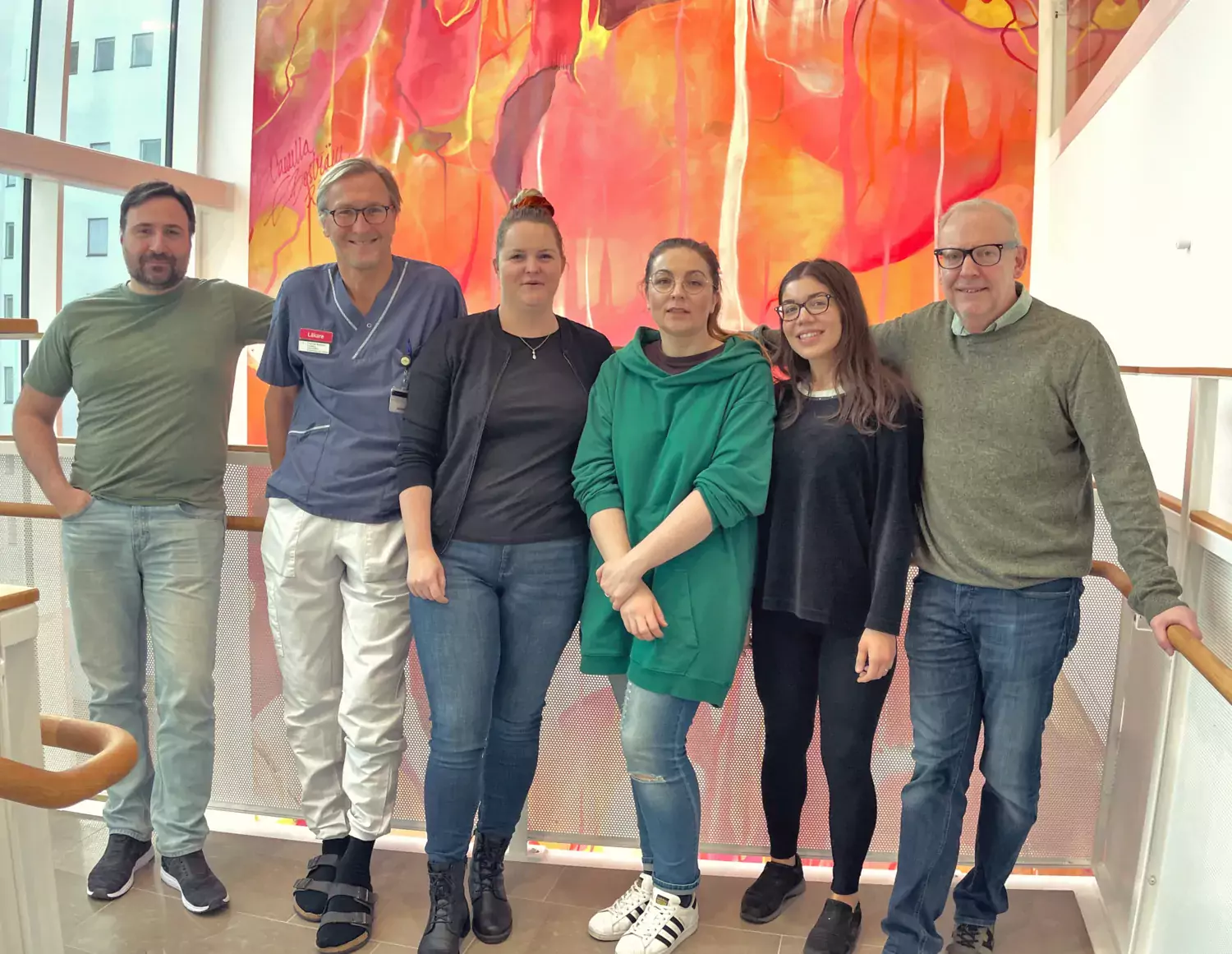Our research
Our group was the first to show that drugs targeting the glucagon-like peptide receptor 1 (GLP-1R) and inhibiting the enzyme DPP-4 are neuroprotective and can improve recovery after stroke in animal models of diabetes and obesity. Moreover, we recently found out that weight loss strategies achieved before stroke strongly enhance neurological recovery.
Our research is translational as we use preclinical experimental models and perform clinical research with randomized clinical studies and epidemiological methods. Recently we showed the detrimental role of insulin resistance and hyperglycemia to increase stroke risk using Sweden's National Diabetes Registers.
Projects
We were the first to demonstrate (Nyström et al. AJP 2004) that the incretin hormone glucagon-like peptide 1 (GLP-1) improves endothelial function in type 2 diabetic (T2D) patients. We were also the first group to show the acute neuroprotection mediated by incretin mimetics and of dipeptidyl peptidase-4 inhibitors in animal models of T2D (Darsalia et al., Cli Sci 2012; Darsalia et al. 2013 Diabetes), as well as effects of these drugs to also enhance post-stroke neurological recovery (Augestad et al., 2021, Diabetes; Augestad et al., 2022, British Journal of Pharmacology)
In a recent publication we showed that a diet change leading to weight loss before stroke enhances neurological recovery providing the first experimental evidence of life-style strategies based on weight loss to decrease long-term sequelae in diabetes and obesity (Karampatsi et al., 2022, Cardiovascular Diabetology).
We also showed that T1D patients have a dire prognosis after coronary artery bypass grafting (CABG) than non-diabetics (Holzmann et al. JACC 2015) and that glycemic control is a key predictor for mortality in T1D after CABG (Nyström et al. JACC 2015) as for T2D (Kuhl et al. Int J Cardiol 2015). Moreover we are participating in population based studies evaluating prevalence, incidence and life expectancy of pharmacologically treated T2D patients (Norhammar et al., Diabetologia 2016) and effects of novel oral glucose lowering drugs (Nyström et al., Diabetes obesity and metabolism, 2017).
Preclinically, we showed that the anti-stroke efficacy by DPP-4 inhibitors is not mediated via GLP-1 (Darsalia et al. Diabetes Obes Metab 2016) but SDF1a (Chiazza et al. Cardiovasc Diabetol 2017). We also provided new insights on how T2D impairs neuroplasticity and neurogenesis during aging (Lietzau et al. Psychoneuroendocrinol. 2017 and Acta Neuropathol Commun 2018, Mansouri et al. PLOS One 2016, Hussain S et al. J Alzheimer's Dis. 2014); observations that could be at the basis of decreased olfaction and cognitive decline in T2D.
Collaborations
The group has ongoing partnerships with Professors Claes-Göran Östensson, Henrik Druid, Tomas Hökfelt, Helena Erlandsson Harris (KI); with Associate Professors Sergiu-Bogdan Catrina , André Fisahn, Jan Kehr, Camilla Krizhanovskii, Martin Holzman, Ulrik Sartipy, Anna-Norhammar (KI); with Professor Jan Eriksson (Uppsala University); with Professors Milos Pekny and Carina Mallard and with Dr. Maria E Johansson (University of Gothenburg); with Professors Gesine Paul and Joao Duarte (Lund University); with Dr. Stefania Ceruti and Giulia Magni (University of Milan), Professor Massimo Collino (Turin University) and with Professor Mariagrazia Grilli (Novara University). We also have an ongoing collaboration with Boehringer Ingelheim Pharma GmbH & Co. KG, Germany, since 2011.
Research support
- The Swedish Research Council (Vetenskapsrådet); 2022-2024 (Patrone)
- Ulla Hamberg Angeby och Lennart Angebys Stiftelse; 2022 (Vercalsteren)
- STROKE Riksförbundet; 2022 (Darsalia)
- STROKE Riksförbundet; 2022 (Vercalsteren)
- The Swedish Brain Foundation and the FANG foundation; 2021-2022 (Patrone)
- STROKE Riksförbundet; 2018-2020 (Darsalia)
- Ulla Hamberg Angeby och Lennart Angebys Stiftelse; 2020 (Darsalia)
- Diabetesfonden; 2020-2021 (Patrone)
- The Swedish Heart-Lung Foundation; 2020-2022 (Nyström)
- Svensk Förening för Diabetologi; 2019 (Lietzau))
- The Swedish Research Council (Vetenskapsrådet); 2018-2021 (Patrone)
- The Swedish Heart-Lung Foundation; 2016-2019 (Nyström)
- European Foundation for the Study of Diabetes (EFSD)/Sanofi European Diabetes Research Programme in Macrovascular Complications; 2019 (Patrone)
- Diabetesfonden; 2017 (Nyström).
- Konung Gustaf V's och Drottning Victorias Frimurarestiftelse; 2012-2017 (Patrone)
- NovoNordisk foundation; 2018 (Nyström)
- EFSD Albert Renold Travel Fellowship Programme to Dr Fausto Chiazza; 2018
- Karolinska Institutet (Foundation for Geriatric Diseases); 2019 (Pintana)
- KI Stiftelser och Fonder; 2019 (Lietzau)
- Åhlén Stiftelse; 2012-2018 (Patrone)
- Stiftelsen för Gamla Tjänarinnor; 2019 (Lietzau)
- O. E. och Edla Johanssons Stiftelse; 2016-2018 (Patrone)
- Magnus Bergvalls Stiftelse; 2016 (Patrone)
- STROKE Riksförbundet; 2018-2020 (Patrone)
- Stiftelsen för Gamla Tjänarinnor; 2017 (Darsalia)
- Syskonen Svensson Stiftelse; 2017 (Patrone)
- ALF; 2016-2020 (Nyström)
- EFSD; 2011 (Darsalia)
- EFSD; 2009 and 2013 (Patrone)
- Diabetes Wellness; 2010 (Patrone)
News
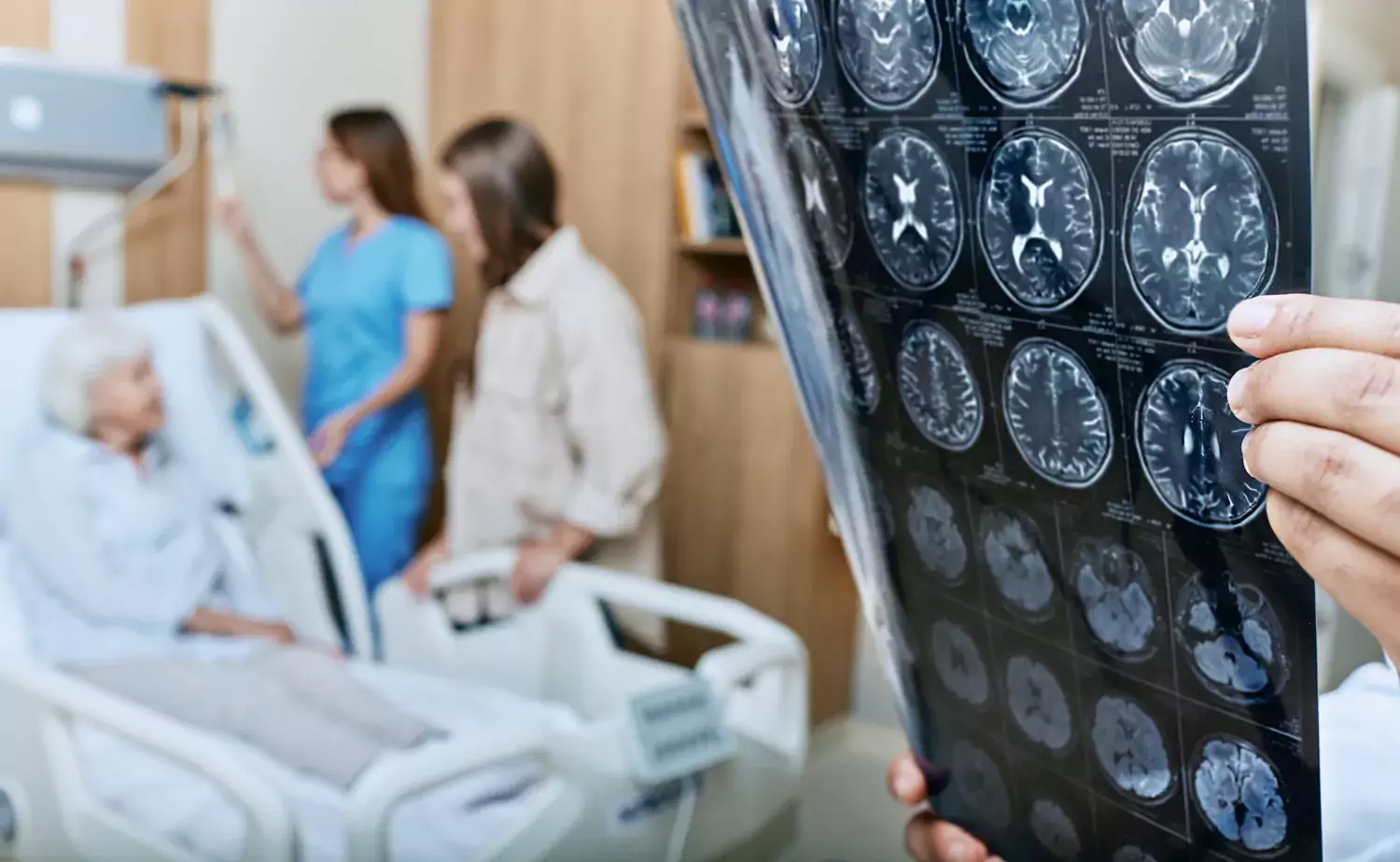 Photo: Getty Images
Photo: Getty ImagesCommon anti-diabetic drugs can improve the outcome after stroke
People with type 2 diabetes have an increased risk of stroke and a worsened outcome after suffering from it. Now, researchers at the Karolinska Institutet have shown that stroke outcome is significantly improved in mice with obesity and type 2 diabetes who have been treated with the commonly used diabetic drugs SGLT-2 inhibitors. The results are published in the scientific journal Cardiovascular Diabetology and may have clinical relevance for stroke rehabilitation in type 2 diabetes.
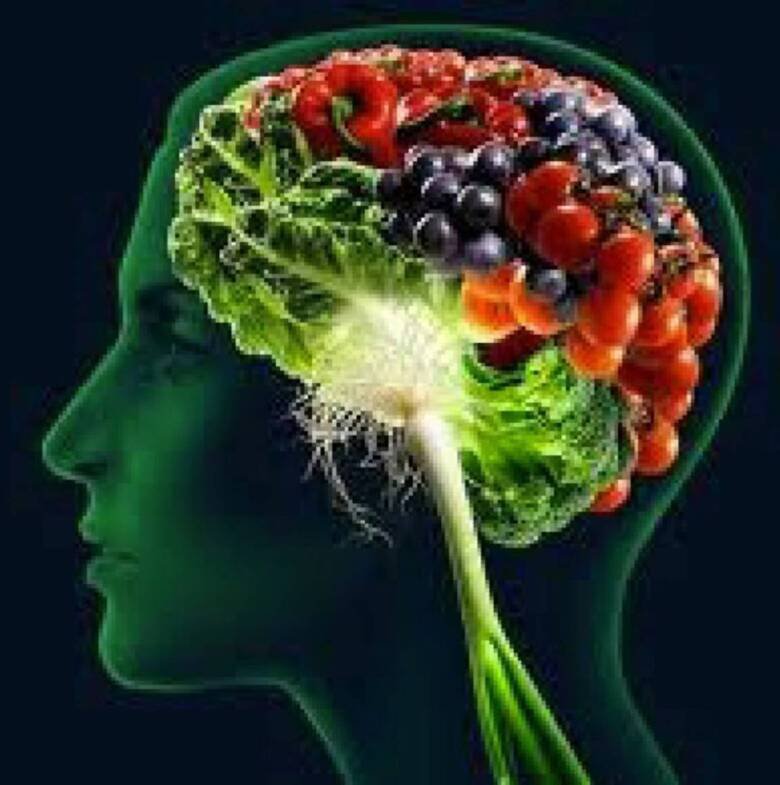 Photo: Getty Images
Photo: Getty ImagesWeight loss may repair the brain after stroke in diabetes
People with type 2 diabetes have an increased risk of stroke and slower recovery from it. Now, researchers at Karolinska Institutet have shown that neurological recovery from stroke is significantly improved in mice with obesity and diabetes who achieve weight loss to the extent that glucose metabolism returns to normal levels. The results are published in the scientific journal Cardiovascular Diabetology and may have clinical relevance for stroke rehabilitation in type 2 diabetes.
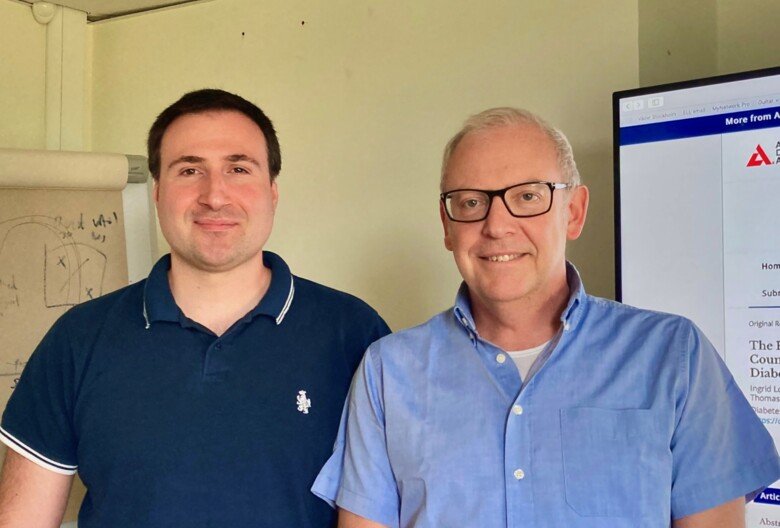
The regulation of glycemia after stroke improves neurological recovery in diabetes
In a study in mice, researchers at Karolinska Institutet have discovered a new potential therapeutic approach to facilitate neurological recovery in people with diabetes suffering from stroke. The treatment strategy is based on the chronic normalization of hyperglycemia after stroke. The scientists hope that these new results, presented in the scientific journal Diabetes, open the possibility to improve the current rehabilitative strategies against stroke in the diabetic population.
More news
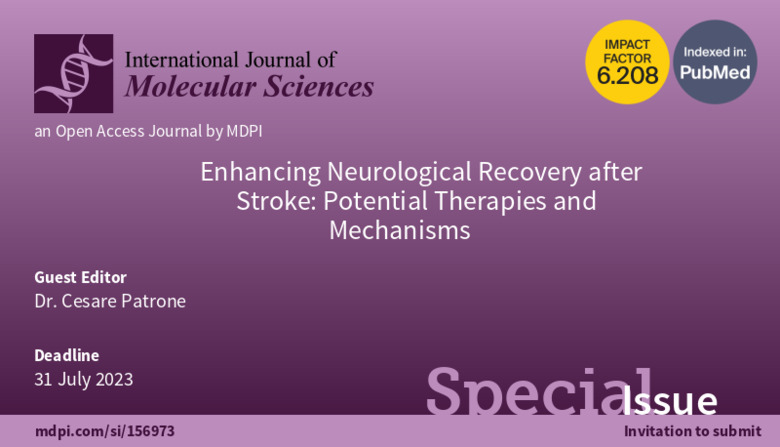
Diet-induced weight loss in obese/diabetic mice normalizes glucose metabolism and promotes functional recovery after stroke.

